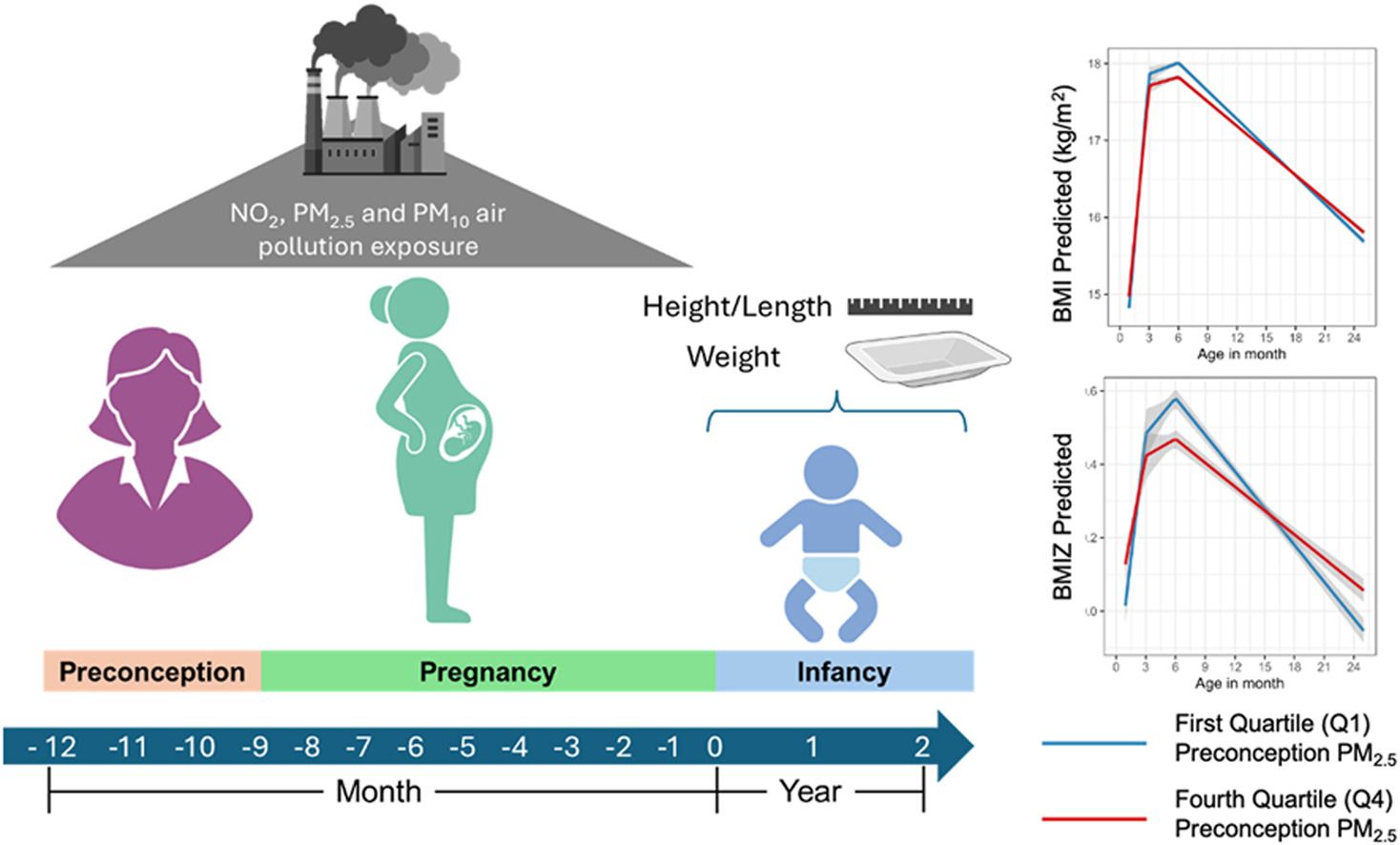Air pollution impacts the health of future children, even before conception 👶
Published by Cédric,
Article author: Cédric DEPOND
Source: Environmental Research
Other Languages: FR, DE, ES, PT
Article author: Cédric DEPOND
Source: Environmental Research
Other Languages: FR, DE, ES, PT
Follow us on Google News (click on ☆)

This research, conducted by an international team, sheds light on an often overlooked period: the three months before pregnancy. The results suggest that fine particles and nitrogen dioxide in the air could influence early child development, opening new perspectives on environmental factors and health.
A critical period: before conception
The preconception period, often misunderstood, plays a key role in the future health of the child. Sperm and eggs, in their final maturation phase, are sensitive to environmental factors. Increased exposure to pollution during this period could alter their development, with repercussions on the child's growth.
The study analyzed data from 5,834 mother-child pairs in Shanghai. Researchers used machine learning models to estimate daily exposure to pollutants, including fine particles (PM2.5 and PM10) and nitrogen dioxide (NO2). These estimates were cross-referenced with weight and height measurements of children up to two years of age.
Measurable effects and concrete solutions for future parents
Children exposed to high levels of PM2.5 before conception showed an increase of 0.078 in their standardized BMI at two years. For PM10, the increase was 0.093 kg/m². These differences, although modest, could have a significant impact at the population level, given the prevalence of air pollution.
Researchers emphasize the importance of reducing air pollution exposure for future parents. Wearing a mask, using air purifiers, or limiting outings during pollution peaks are simple but effective measures. These precautions could help prevent the risks of childhood obesity.

Research to be continued
Although this study is observational, it paves the way for new investigations. Researchers plan to study the impact of pollution in other regions, such as Southern California, where pollution levels vary significantly. These studies could confirm whether the effects observed in Shanghai are generalizable to other environmental contexts.
Furthermore, scientists are considering evaluating the effectiveness of air purifiers in reducing health risks associated with pollution. Intervention studies could determine if these devices, used before and during pregnancy, can limit the harmful effects on children's growth and health. These efforts could lead to practical recommendations for future parents.